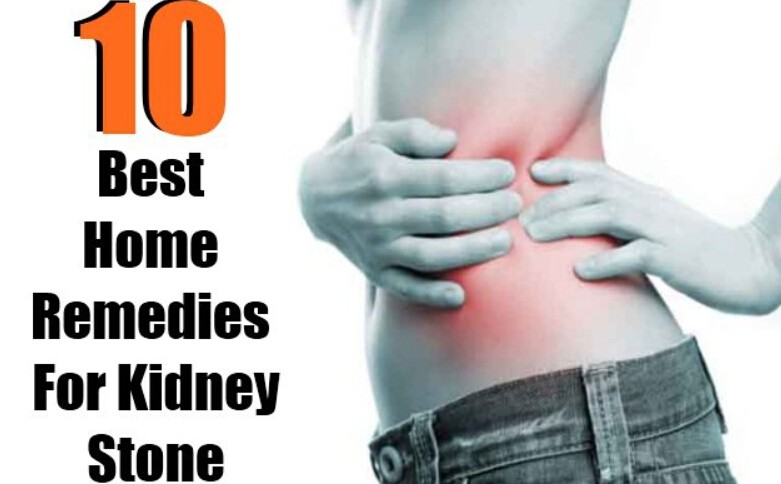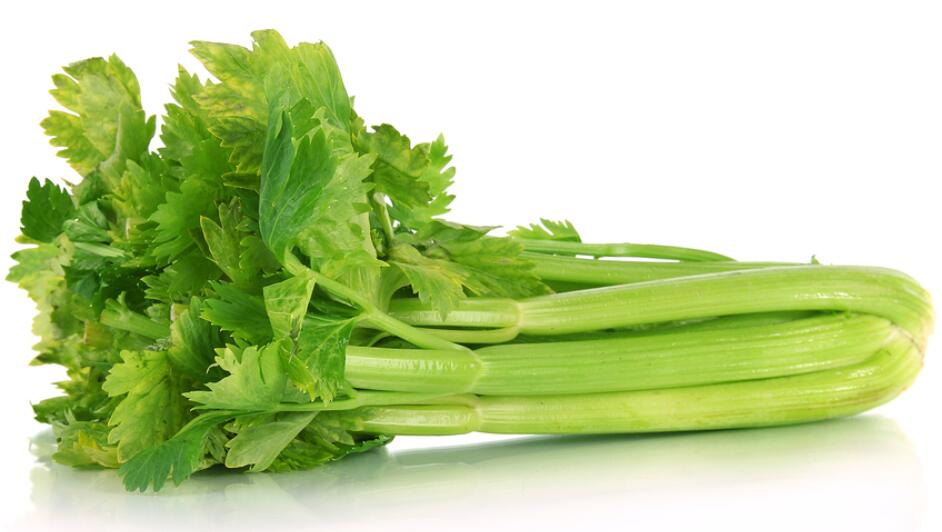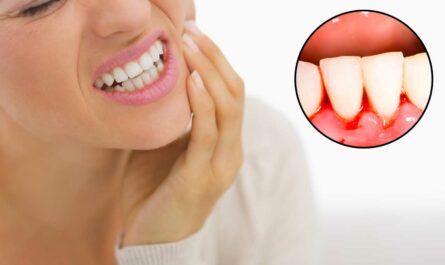Kidney stones are a common condition that affects millions of people worldwide. They are hard deposits that form in the kidneys and can cause severe pain and discomfort. While medical intervention is often necessary for larger stones, several natural home remedies can help alleviate the symptoms and prevent the formation of kidney stones. In this article, we will explore 16 natural remedies you can try at home to support your kidney health and potentially aid in the dissolution of kidney stones.
Symptoms of Kidney Stones
Here are some common symptoms:
- Intense pain: The hallmark symptom of kidney stones is severe pain. It typically starts suddenly and may come in waves. The pain often begins in the back or side, below the ribs, and can radiate to the lower abdomen and groin. The intensity of the pain can be debilitating and may require medical intervention.
- Hematuria: Kidney stones, known as hematuria, can cause blood in the urine. The urine may appear pink, red, or brownish. Sometimes, blood may only be visible under a microscope.
- Frequent urination: People with kidney stones may experience an increased urge to urinate more frequently than usual. Urinating may be urgent, and only small amounts of urine may be passed.
- Painful urination: Kidney stones can irritate the urinary tract, leading to a burning or stinging sensation during urination.
- Cloudy or foul-smelling urine: Kidney stones can cause urine to appear cloudy or have an unpleasant odor.
- Nausea and vomiting: Some individuals may experience nausea and vomiting due to the severe pain associated with kidney stones or the blockage itself.
- Fever and chills: If a kidney stone leads to an infection, symptoms such as fever and chills may occur. Other signs of infection include frequent urination, urgency, and a persistent need to urinate.
- Back or abdominal discomfort: Apart from the intense pain, kidney stones can cause a dull ache or pressure in the back or lower abdomen.

Common Causes of Kidney Stones
1. Dehydration
Dehydration plays a significant role in the development of kidney stones. When the body lacks sufficient fluids, urine becomes concentrated, leading to the formation of crystals.
Over time, these crystals accumulate and transform into kidney stones. To mitigate this risk, it is essential to stay adequately hydrated by drinking an ample amount of water throughout the day.
2. Dietary Factors
Your dietary choices can greatly influence the formation of kidney stones. Certain foods are known to contribute to stone formation, including:
- Oxalate-Rich Foods: Spinach, rhubarb, chocolate, and nuts are foods rich in oxalate, which binds with calcium in the kidneys, forming stones.
- Sodium: A high-sodium diet can increase calcium excretion in the urine, promoting the development of kidney stones. It is advisable to limit the consumption of processed and salty foods.
- Animal Protein: A diet high in animal protein, such as red meat and poultry, can raise the levels of uric acid and calcium in the urine, paving the way for stone formation.
3. Family History
You may be more susceptible to developing kidney stones if you have a family history of kidney stones. Genetic factors can influence how your body absorbs and excretes certain substances, increasing the risk of stone formation. Understanding your family history can help you take proactive steps to prevent kidney stones.
4. Obesity
Obesity is a significant risk factor for kidney stones. Excess body weight can lead to metabolic changes that promote stone formation. Additionally, obesity is often associated with other risk factors, such as high blood pressure and diabetes, further elevating the risk of kidney stone development.
Maintaining a healthy weight through regular exercise and a balanced diet can help reduce the likelihood of kidney stones.
5. Urinary Tract Infections
Urinary tract infections (UTIs) can contribute to the formation of kidney stones. Bacteria in the urinary tract can alter the chemical composition of urine, increasing the likelihood of crystal formation. If you frequently experience UTIs, seeking prompt medical treatment and practicing good hygiene to prevent kidney stones is crucial.
6. Medications and Medical Conditions
Certain medications and underlying medical conditions can increase the risk of kidney stone formation. These include:
- Diuretics: Some diuretic medications can lead to the loss of vital substances, such as calcium and magnesium, in the urine, increasing the likelihood of stone development.
- Hyperparathyroidism: An overactive parathyroid gland can cause increased calcium levels in the blood, leading to stone formation.
- Cystinuria: This inherited disorder affects how the body processes an amino acid called cystine, forming cystine stones.

16 Natural Home Remedies for Kidney Stones
1. Stay Hydrated
One of the simplest and most effective ways to prevent and treat kidney stones is to stay hydrated. Drinking adequate water helps flush out toxins and waste products from the body, reducing the concentration of minerals that can form stones. Aim to drink at least 8-10 glasses of water daily to keep your kidneys healthy and functioning optimally.
2. Lemon Juice
Lemon juice is known for its natural citrate content, which can help prevent the formation of kidney stones. Citrate helps to inhibit the growth of crystals and can even help break down small stones. Squeeze the juice of one fresh lemon into a glass of water and drink it daily. This remedy supports kidney health and provides a refreshing and tangy flavor.
3. Apple Cider Vinegar
Apple cider vinegar is a popular home remedy for various health conditions, including kidney stones. It is believed to help dissolve kidney stones and alleviate pain. Mix 2 tablespoons of apple cider vinegar with water and drink it regularly. Be sure to use raw and unfiltered apple cider vinegar for maximum benefits.
4. Dandelion Root Tea
Dandelion root tea has been used as a natural diuretic and kidney tonic for centuries. It helps increase urine production, which can aid in flushing out kidney stones and preventing their formation. Steep a tablespoon of dried dandelion root in a cup of hot water for 10 minutes, strain, and drink the tea several times daily.
5. Nettle Leaf Tea
Nettle leaf tea is another herbal remedy that can promote kidney health and potentially help with kidney stones. It acts as a diuretic and may help flush out toxins and small stones from the kidneys. Steep a teaspoon of dried nettle leaves in a cup of hot water for 5-10 minutes, strain, and drink the tea daily.
6. Pomegranate Juice
Pomegranate juice has been used in traditional medicine for its potential kidney-protective properties. It is believed to reduce the acidity of urine and inhibit the formation of certain types of kidney stones. Drink a glass of fresh pomegranate juice daily or include the fruit in your diet to reap the benefits.
7. Basil
Basil is a versatile herb that not only adds flavor to your dishes but also offers potential benefits for kidney health. It is believed to help dissolve kidney stones and reduce pain. Chew a few basils leaves daily or make basil tea by steeping fresh or dried basil leaves in hot water.
8. Watermelon
Watermelon is a delicious and hydrating fruit that can also support kidney health. It has a high water content, which helps flush out toxins and promote urine production. Additionally, watermelon is rich in potassium, which may help prevent the formation of kidney stones. Enjoy watermelon slices as a snack, or blend them into a refreshing smoothie.
9. Kidney Bean Broth
Kidney beans are named after the organ and are believed to be beneficial for kidney health. The broth made from kidney beans is thought to help dissolve kidney stones and relieve pain. Soak kidney beans in water overnight, strain, and boil them in fresh water until soft. Drink the broth throughout the day for potential benefits.
10. Wheatgrass Juice
Wheatgrass juice is a nutrient-rich superfood that has gained popularity for its potential health benefits. It is believed to have detoxifying properties and can support kidney health. Drink a small shot of wheatgrass juice daily on an empty stomach to potentially aid in the prevention and treatment of kidney stones.
11. Celery Juice

Celery is a hydrating vegetable that may help flush out toxins from the body and promote kidney health. Juicing celery can provide a concentrated form of its nutrients and potentially assist in preventing the formation of kidney stones. Extract the juice from fresh celery stalks and drink it regularly.
12. Hydrangea Root
Hydrangea root has been used in traditional medicine to support urinary tract health and potentially aid in treating kidney stones. It is available in supplement form and may help dissolve stones and reduce discomfort. Follow the instructions on the product label or consult a healthcare professional for the appropriate dosage.
13. Uva Ursi
Uva ursi, also known as bearberry, is a herb traditionally used to treat urinary tract infections and kidney stones. It contains compounds that have diuretic and antimicrobial properties. Uva ursi supplements are available in the form of capsules or tinctures. Follow the recommended dosage or seek guidance from a healthcare professional.
14. Marshmallow Root
Marshmallow root has soothing and anti-inflammatory properties, which can help alleviate the discomfort associated with kidney stones. It may also have a protective effect on the urinary tract. Brew marshmallow root tea by steeping dried root in hot water for 10-15 minutes. Drink the tea daily for potential benefits.
15. Magnesium
Magnesium is a mineral that plays a crucial role in kidney function and may help prevent the formation of certain types of kidney stones. It can inhibit the growth and aggregation of crystals in the kidneys.
Include magnesium-rich foods in your diet, such as leafy greens, nuts, seeds, and whole grains. Alternatively, consult a healthcare professional about magnesium supplements.
16. Change in Diet
Making dietary changes can significantly impact kidney stone prevention and management. Limit the consumption of foods high in oxalates, such as spinach, rhubarb, beets, and chocolate.
Reduce sodium intake and choose a balanced diet of fruits, vegetables, whole grains, and lean proteins. Consult a registered dietitian for personalized dietary recommendations.
FAQs
1. Are kidney stones more common in men or women?
Kidney stones are more prevalent in men than women, with a male-to-female ratio of approximately 3:1. However, kidney stones in women have steadily increased in recent years.
2. Can stress contribute to the formation of kidney stones?
While stress may not directly cause kidney stones, it can lead to unhealthy lifestyle habits, such as poor dietary choices and inadequate hydration, known risk factors for stone formation.
3. Can drinking certain types of tea increase the risk of kidney stones?
Some herbal teas, such as nettle-leaf and black tea, contain compounds that can contribute to stone formation. However, moderate consumption is generally safe for individuals without a history of kidney stones.
4. Can kidney stones be prevented through dietary modifications alone?
While dietary modifications are crucial in preventing kidney stones, they may not be sufficient for everyone. Individual risk factors and underlying medical conditions should be considered, and consultation with a healthcare professional is advisable.
5. How long does it take for kidney stones to pass?
The time taken for kidney stones to pass varies from person to person. It can range from a few days to several weeks, depending on factors such as the size and location of the stone and individual physiology.






